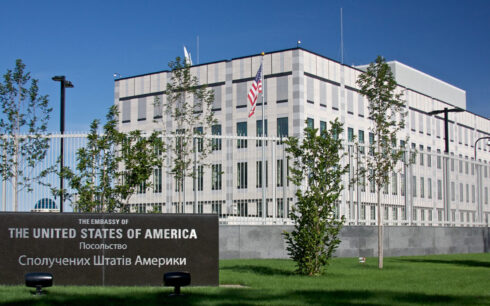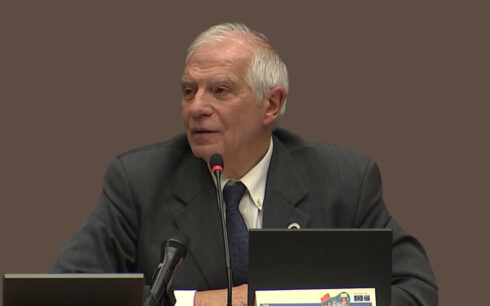Congress on Tuesday posthumously awarded the Congressional Gold Medal to 13 U.S. service members killed in the August 2021 suicide bombing at Kabul’s airport, an attack that took place during the tumultuous final days of the American withdrawal from Afghanistan.
The ceremony, held in the Capitol and led by Speaker of the House Mike Johnson, a Republican from Louisiana, honored the troops who died while assisting in the evacuation of American citizens and Afghan allies. Family members of the fallen soldiers gathered to receive the nation’s highest civilian honor in their memory.
“Although we can never fully measure your loss, we can and we must memorialize the ultimate sacrifice that was paid,” Speaker Johnson said, addressing the families in attendance.
The tribute took place against a backdrop of ongoing political debate over the U.S. exit from Afghanistan. Just a day earlier, House Republicans released a report critical of the Biden administration’s handling of the withdrawal. The document, long anticipated by Republicans, accused the administration of failing to plan adequately and contributing to the chaos that culminated in the bombing on August 26, 2021, which also killed 170 Afghan civilians.
Democrats, meanwhile, have argued that responsibility for the withdrawal’s missteps should not rest solely on President Biden, pointing to former President Donald Trump’s 2020 agreement with the Taliban that set the stage for the U.S. exit. Republicans have dismissed these claims, asserting that Biden could have renegotiated or changed course upon taking office.
The political tensions surrounding the withdrawal came into sharper focus as the ceremony coincided with preparations for the first and only debate between Vice President Kamala Harris, the Democratic presidential nominee, and former President Trump, the Republican nominee, ahead of the upcoming November election.
The solemn tribute to the fallen service members underscored the human cost of the U.S. exit from Afghanistan, a subject that continues to reverberate in Washington’s political battles.





